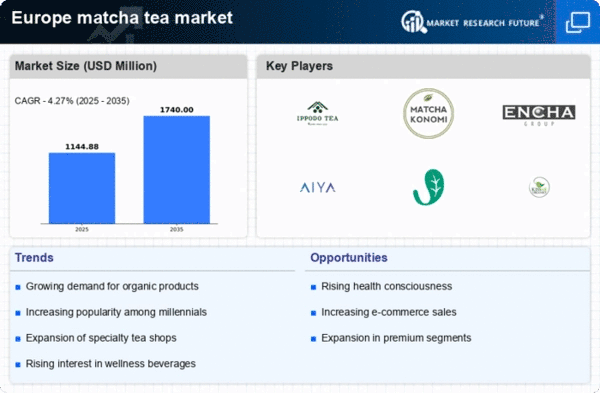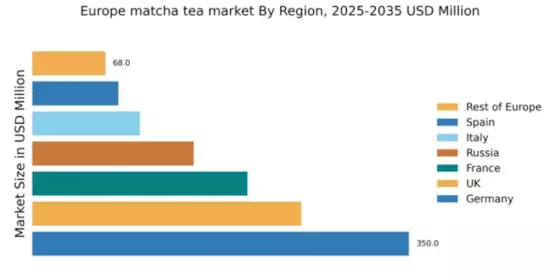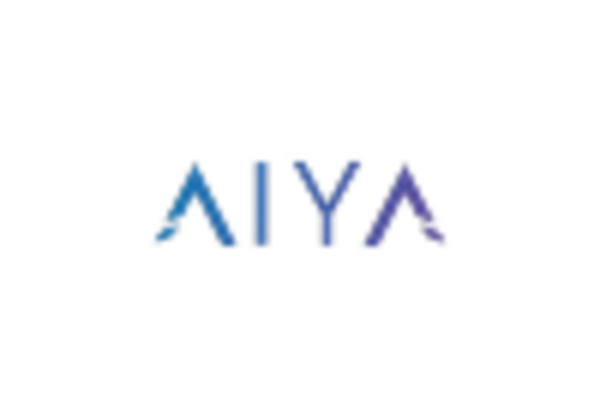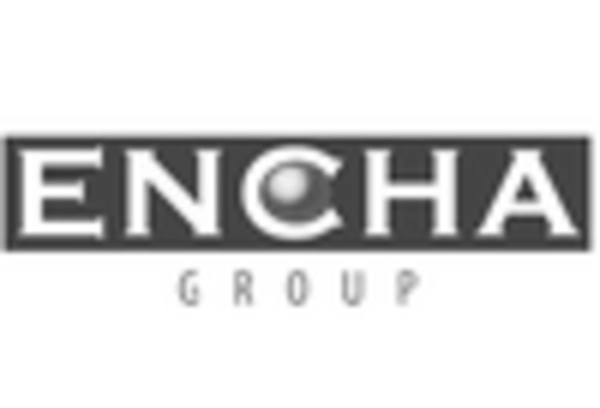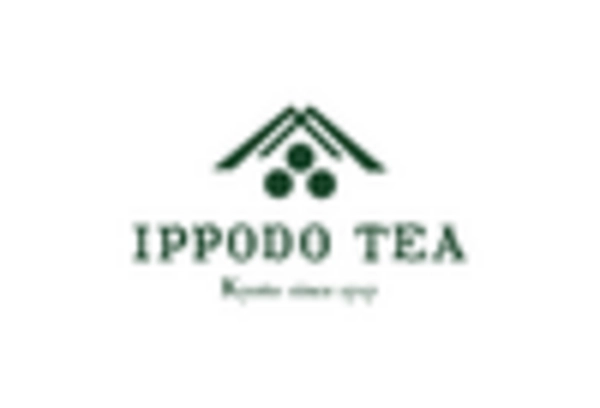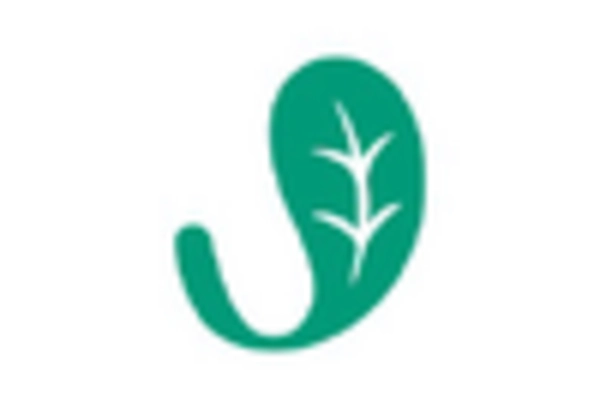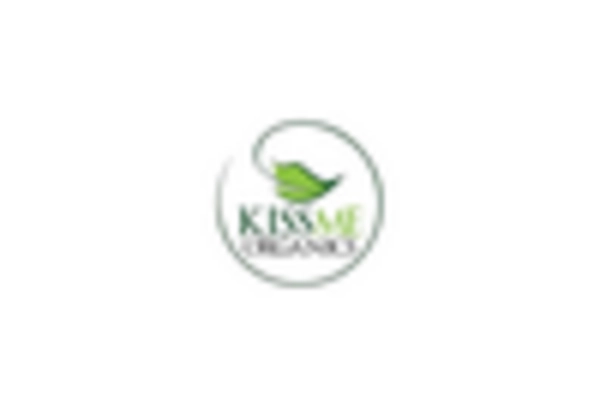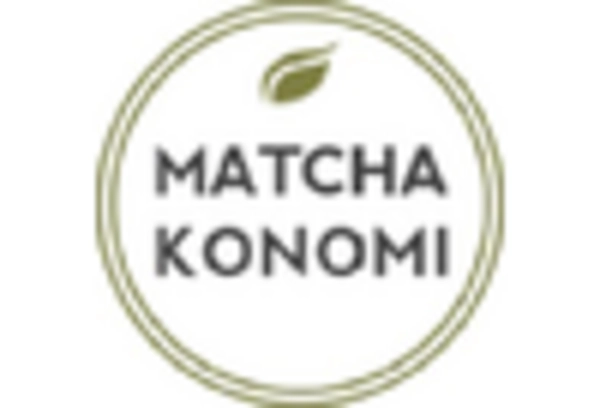Rising Health Consciousness
The increasing awareness of health and wellness among consumers in Europe appears to be a primary driver for the matcha tea market. As individuals seek healthier beverage options, matcha tea, known for its high antioxidant content and potential health benefits, is gaining traction. According to recent data, the market for health-oriented beverages has expanded by approximately 15% annually, with matcha tea being a significant contributor. This trend indicates a shift towards natural and organic products, aligning with the preferences of health-conscious consumers. The matcha tea market is likely to benefit from this growing demand, as more individuals incorporate matcha into their daily routines, whether in traditional forms or as an ingredient in smoothies and baked goods.
Expansion of Retail Channels
The expansion of retail channels in Europe is significantly impacting the matcha tea market. Traditional brick-and-mortar stores are increasingly complemented by online platforms, making matcha products more accessible to consumers. The rise of specialty tea shops and health food stores has also contributed to the visibility of matcha tea. Recent statistics indicate that online sales of matcha products have grown by approximately 25% in the past year, reflecting changing shopping habits. This trend suggests that as more retail options become available, the matcha tea market is likely to experience enhanced growth, reaching a wider audience and catering to diverse consumer preferences.
Innovative Product Offerings
The matcha tea market is experiencing a surge in innovative product offerings, catering to diverse consumer preferences. Manufacturers are introducing a variety of matcha-infused products, including snacks, desserts, and ready-to-drink beverages. This diversification is likely to attract a broader audience, including those who may not traditionally consume tea. Recent market analysis indicates that the introduction of matcha-flavored products has led to a 20% increase in overall sales within the sector. As brands continue to innovate and expand their product lines, the matcha tea market is poised for growth, appealing to both health enthusiasts and casual consumers alike.
Sustainability and Ethical Sourcing
Sustainability has emerged as a crucial factor influencing consumer choices in Europe, particularly in the matcha tea market. As consumers become more environmentally aware, they tend to favor products that are ethically sourced and produced. Matcha tea, often associated with traditional farming practices, aligns well with these values. The market is witnessing a shift towards brands that emphasize sustainable cultivation methods and transparent supply chains. Reports suggest that approximately 60% of European consumers are willing to pay a premium for sustainably sourced products. This trend indicates that the matcha tea market could see increased sales as brands adopt eco-friendly practices and communicate their commitment to sustainability.
Cultural Influence and Trend Adoption
Cultural influences play a significant role in shaping consumer behavior in Europe, particularly regarding the matcha tea market. The growing popularity of Japanese culture, including its culinary traditions, has led to an increased interest in matcha. Social media platforms have further amplified this trend, with influencers promoting matcha as a trendy and healthful beverage. This cultural adoption appears to resonate with younger demographics, who are more inclined to experiment with new food and drink trends. The matcha tea market is likely to benefit from this cultural shift, as more consumers seek to incorporate matcha into their lifestyles, driven by both aesthetic appeal and perceived health benefits.


